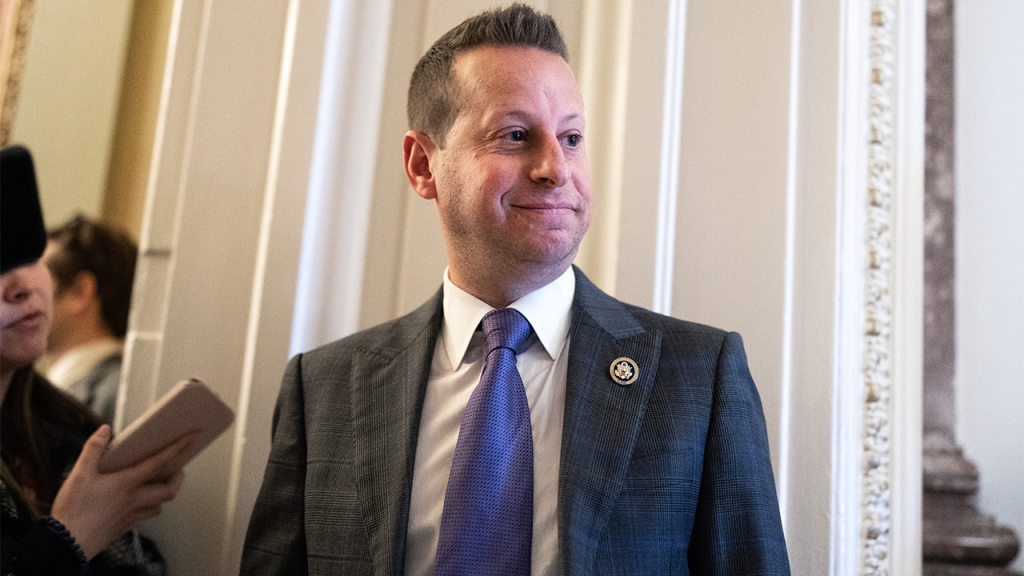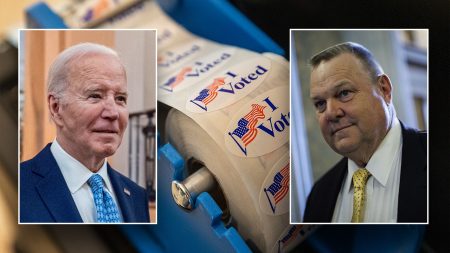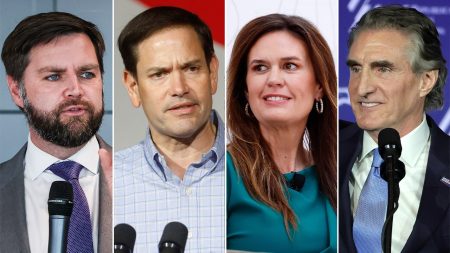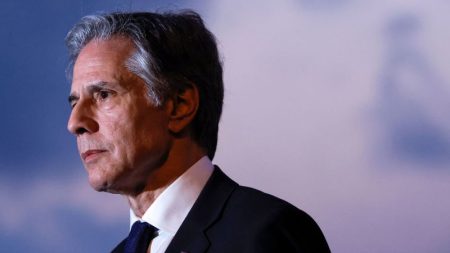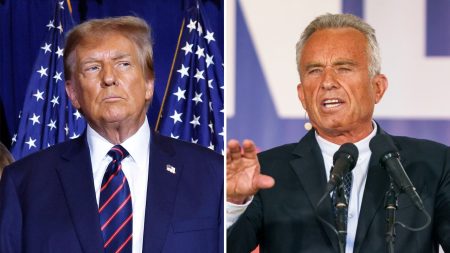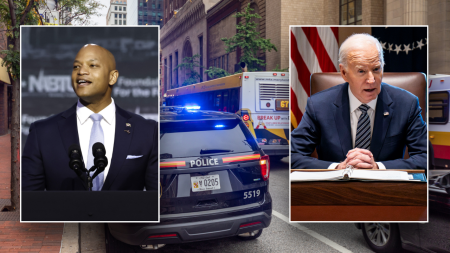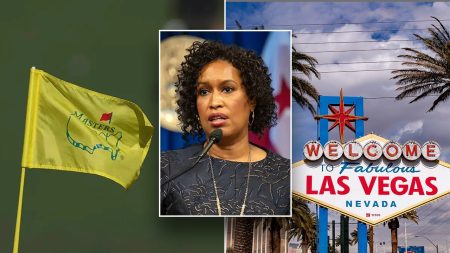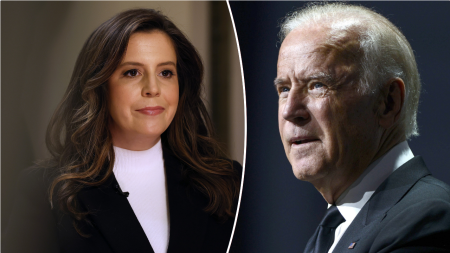Rep. Jared Moskowitz, a Democrat from Florida, faced backlash after making a controversial post on social media that perpetuated a racist stereotype about Asians. The post was in response to an interview with South Dakota Gov. Kristi Noem, in which she discussed a questionable anecdote in her forthcoming book involving North Korean leader Kim Jong Un. Moskowitz suggested that Noem may have wanted to eat dog with Kim Jong Un, a comment that was deemed offensive and insensitive. After facing criticism, Moskowitz deleted the post and issued an apology, acknowledging that it was inappropriate to use stereotypes in his remarks.
Reporters, including Nicholas Wu from Politico, called out Moskowitz for his use of a stereotype about Asians and dogs. In response to the criticism, Moskowitz expressed regret and apologized for his comment, stating that he had a lot of respect for Wu as a journalist. Democratic Reps. Andy Kim and Marilyn Strickland also weighed in on the controversy, urging Moskowitz to avoid perpetuating harmful stereotypes while standing up to GOP extremism. They thanked Moskowitz for apologizing and removing the offensive tweet, emphasizing the importance of being sensitive and respectful in public discourse.
This incident was not the first time that Moskowitz faced criticism for his social media posts. In March, he deleted another controversial post on X involving an edited photo of President Biden. The post juxtaposed a picture of actress Sydney Sweeney in revealing attire with a photo of Biden looking shocked at an event, insinuating a connection between the two images. This pattern of provocative and potentially offensive content on social media raises questions about Moskowitz’s judgment and professionalism as a public figure. It also underscores the need for elected officials to be mindful of the impact of their words and actions on others.
The controversy surrounding Moskowitz’s social media posts underscores the broader issue of the role of elected officials in promoting respectful and inclusive dialogue. While individuals have the right to express their opinions and engage in political discourse, it is important to do so in a way that does not perpetuate harmful stereotypes or demean others. Moskowitz’s experience serves as a reminder of the power and reach of social media in shaping public perceptions and the need for responsible communication in the digital age. The incident also highlights the complexities of navigating political disagreements and differences of opinion in a polarized and often volatile political climate.
As a public servant, Moskowitz has a responsibility to uphold the values of integrity, respect, and empathy in his interactions with colleagues, constituents, and the public. While making mistakes is a natural part of being human, it is crucial for elected officials to hold themselves accountable for their actions and learn from their missteps. By acknowledging his error, apologizing, and taking corrective action, Moskowitz demonstrated a willingness to reflect on his behavior and strive for greater sensitivity and awareness in the future. Moving forward, it is essential for leaders like Moskowitz to exercise caution and thoughtfulness in their communications, both online and offline, to foster a more inclusive and constructive political discourse.





